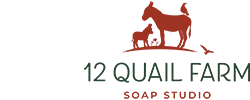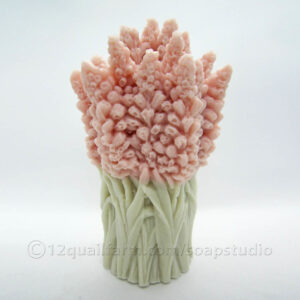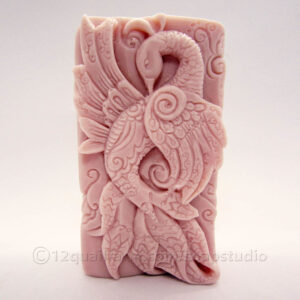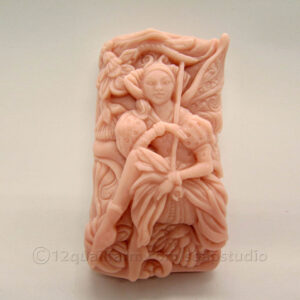
By: Siobhán Devoy Source: RTE.ie
Since the coronavirus outbreak, supermarkets and pharmacies across the country have sold out of hand sanitiser.
While soap and water are traditionally accepted as the way to clean hands, many people believe that using an alcohol-based hand sanitiser offers the best protection.
But could an old-fashioned bar of soap actually be more effective at removing germs than an alcohol sanitiser? We all know that keeping our hands clean stops viruses and bacteria from spreading.According to the HSE, about 30% to 50% of infections that start in hospitals can be avoided. That is because having clean hands is the best way to stop the spread of harmful germs.
However, soap is better at removing bacteria and viruses than sanitisers. Alcohol-based hand sanitisers can reduce the number of microbes on hands but sanitisers do not eliminate all types of germs, according to the US Centers for Disease Control and Prevention (CDC). The US CDC says that soap and water are more effective than hand sanitisers at removing certain kinds of germs, like the winter-vomiting bug. And if your hands or fingernails are dirty or greasy, sanitiser won’t clean them – only soap and water will do. A teacher in the US used an experiment with bread in her classroom to demonstrate the importance of washing hands.
The experiment involved slices of bread that had been handled with unwashed hands, hands cleaned with sanitiser, and hands cleaned with soap and water. The children placed the slices of bread into labelled bags and hung them on the wall in the classroom. The results, three-four weeks later, were eye opening. The bread handled with the soap-and-water hands had no visible trace of bacteria on it while the bread handled with sanitised hands did.

The HSE advises washing hands properly and often to minimise the risk of contracting Covid-19.
How to wash your hands with soap and water
1. Wet your hands with warm water and apply soap.
2. Rub your hands together until the soap forms a lather.
3. Rub the top of your hands, between your fingers and under your fingernails.
4. Do this for about 20 seconds.
5. Rinse your hands under running water.
6. Dry your hands with a clean towel or paper towel.
How to Sterilise Your Home of CoronaVirus
By: Tara Parker-Pope Source: The New York Times
It takes only a few minutes, but cleaning high-traffic surfaces once a day can make a difference in preventing the spread of infection.
We asked the experts how best to clean our homes during a viral outbreak. After they taught us the proper technique (above), we had a few more questions:
How often should I do this?
Every day. (In between regular cleanings.)
Will wipes work?
Yes. Look for sprays or wipes that promise to kill 99.9 percent of germs.
What if I don’t have cleaning sprays or wipes?
Washing with soapy water should do the trick: a few drops of dish soap to eight ounces of water. Although soap and water will not kill all germs, scrubbing with soapy water should be effective in removing coronavirus and other germs from surfaces.
What’s a high-touch surface?
All those places where you and your family leave a million fingerprints every day. (Clean bathroom surfaces last.)
• Door knobs
• Light switches
• Refrigerator and microwave doors
• Drawer pulls
• TV remote
• Counters and table tops where you cook and eat
• Toilet handles
• Faucet handles
How thorough do I have to be?
A spray and a vigorous wipe should do it, but don’t get lazy here: You want to be sure you’ve gotten all the way around the doorknobs, for example.
“I try not to be neurotic about it,” says Dr. Kryssie Woods, hospital epidemiologist and medical director of infection prevention at Mount Sinai West in New York. “But wash your hands when you get home, and try to clean some of those high-touch areas. That’s good advice even without the coronavirus.”
Do I need to wear gloves?
Gloves are recommended for home cleaning, but if that’s not practical, just be sure to wash your hands before and after you clean.
If I’m using gloves, do I really have to wash the gloves afterward?
Yes, if you’re going to reuse them. (Use separate gloves for the bathroom and the dishes.)
Once you’re done cleaning:
• Wash your gloved hands with soap and water.
• Dry them.
• Pull the gloves off and store them.
• Then wash your bare hands.
How else can I be sure my home stays clean?
When you get home, take off your shoes, hang up your coat and immediately go wash your hands for 20 seconds with soap and water.






